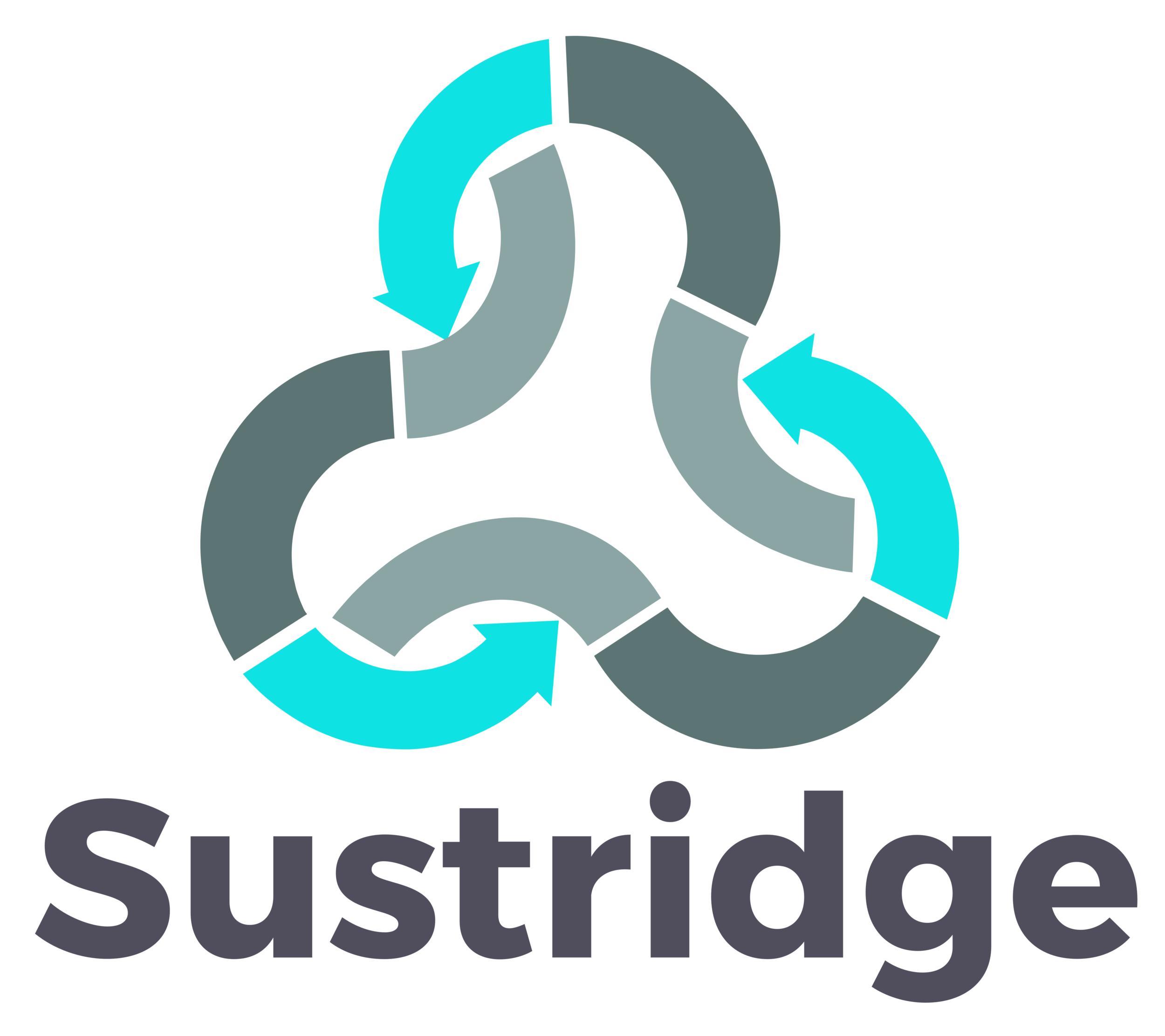Tim Mohin - Chief Executive at GRI
Timothy J. Mohin is the Chief Executive of GRI, developer of the world’s most widely used sustainability reporting standards. A veteran in the field of corporate sustainability reporting, Tim is responsible for driving GRI's mission to empower decisions that create social, environmental and economic benefits for everyone.
Prior to his appointment as Chief Executive, Tim was Senior Director of Corporate Responsibility for Advanced Micro Devices (AMD). He is also a former Chairman of the Board for the Electronic Industry Citizenship Coalition (EICC) and former member of the Conflict Free Sourcing Initiative’s steering committee.
Previously, Tim founded and led Apple’s Supplier Responsibility program. He also led Intel’s environmental and sustainability functions. Tim started his career with the US government. With the Environmental Protection Agency, he led the development of the toxics provisions of the Clean Air Act Amendments. Later, Tim was senior legislative staff for the Chairman of Senate Committee on Environment and Public Works.
Tim Joins Sustainable Nation to Discuss:
Testifying for mandated ESG reporting in the US
Evolving GRI standards and framework to meet new demands
Developing a new GRI standard to disclose corporate taxation
Advice and recommendations for sustainability leaders
Interview Highlights:
Can you talk to us a little bit about the importance of ESG initiatives to a company's bottom line and how you think we can best communicate this to those that don't get it?
Yeah, it's a great question. We are viewing this from a global perspective and there's many, many examples where undisclosed material risks have led to some pretty negative effects on companies. But the bigger picture that we're seeing is that ESG information, so-called sustainability information, has moved from a niche, let's face it, reputational issue into the very mainstream of global commerce where analysts, investors, asset owners are demanding this information and rely on this information to make decisions. So, GRI has responded to that by becoming the international standard setter, but we need to do more. We need to have better consistency, better compatibility and better quality. Let's face it, a lot of these reports are a hundred pages or more and they have a lot of pretty pictures and they're somewhat marketing oriented. The disclosures now need to be much more professional and that is the change that we're trying to push forward and that's the change that we're seeing in legislation, not just in the US but across the world.
Investors are clearly picking up on this. They're understanding that these companies with demonstrated commitments to sustainability and transparency are outperforming others. Obviously we're seeing a huge rise in ESG and socially responsible investing. What has that recent interest and growth in ESG and socially responsible investing meant for GRI and the reporting world? Last year we had the CEO of the largest asset manager in the world, BlackRock, say that within the next five years, all investors will measure a company's impact on society, government and the environment to determine its worth. It's a pretty incredible statement that received a lot of attention in the investment community and the sustainability world.
Well, it certainly brought us a lot of attention because as you know, most companies that are reporting are using GRI to report. Currently, we're looking at data that shows that of the top 250 companies by revenue, 93% are reporting sustainability information and 75% of those are using GRI. The numbers in the top 5,000 also show that 75% are reporting and 63% are using GRI. So, we are converging around a global standard and I think that's very important. It brings us a lot of attention and puts a lot of pressure on us as well.
But I think one really important difference to point out as we mainstream from a niche reputational paradigm into one that's much more in the center of global commerce, is this area of materiality. Some actors in the field are really focused on financial materiality, but frankly, if the issues are financially material, they should be disclosed anyway in the regular financial disclosures. The fact is, when you come to ESG information, it's very difficult to make a financial materiality case for many of these issues and so you have to apply a different test. You have to look at not only what is the effect on the company in the near term, but what is the company's effect on the environment in the longterm. That's what the GRI materiality test brings to the table and I think it's very important that test be maintained as these mandates start to come online.
On the topic of evolving the GRI standards, you're now addressing the issue of corporate taxation as a sustainability issue. GRI is now developing the first global standard for disclosures of the taxes companies pay in the various countries where they operate. Can you tell us a little bit about why GRI is going down this path and where you're at with that?
It's really exciting because this is our first new standard in many years. We have 33 topic specific standards in the economic, environmental and social space. This one is obviously in the economic space. So, why would we prioritize this one? Well, it turns out that having appropriate payments to governments, tax payments to governments, is fundamental to government's ability to provide sustainability services to their people. If industry is not paying their fair share, if they're hiding their resources in tax havens for example, then the whole system starts to crumble.
So, we have been told by many different stakeholders that this is a high priority issue and that there's millions, billions and trillions of dollars, euros and pounds that have been hidden from taxes, and it's time to expose that. Specifically embedded in the standard is country by country reporting, which is absolutely central. Most industries would argue we already have to report this, which is true within a certain country, but multinationals don't have to report across their business globally. So, that's the innovation here. We got 85 different submissions when it went to public comment and they were all positive. 43% of them were from investors. So, even investors who you might imagine going the other way are very much supportive of new standard.
What is one piece of advice you would give other sustainability professionals that might help them in their careers?
I actually wrote an entire book about this. It's called Changing Business from the Inside Out. So, of the 270 plus pages, what I would pick out as this: lead from wherever you stand. A lot of people in many organizations can feel that they don't have a lot of decision making power, but they have a lot of passion for the topic. What I talk about in the book is there are many ways to express that passion to help move your organization in a sustainable direction. You don't have to be in the sustainability department to express those views in your professional life. So, lead from wherever your standing.
What are you most excited about right now in the world of sustainability?
You know, it's that mainstreaming movement that we talked about earlier. When I started this, I mentioned sustainability hadn't been invented, and then when it became invented it was kind of a niche play of, let's say, altruistic people. And now it's really personally and professionally satisfying to see something that I've dedicated my career to become mainstream. Now it's being talked about by global commerce actors, by the chair of the Bank of England, by Larry Fink and by others in the business world. I find that to be incredibly satisfying and hugely important to our future.
What is one book you would recommend sustainability leaders read?
Well, my book of course, Changing Business From the Inside Out. But also, there is a book that I really thought was inspirational. It's called How Will You Measure Your Life, by Clayton Christensen. Clayton Christensen is the author of The Innovator's Dilemma which is a classic in the business book genre, but he also has lived his life in a way to bring a lot of extra value to the world that is not all about just making money. He wrote it all down in a book called, How Will You Measure Your Life.
What are some of your favorite resources or tools that really help you in your work?
There's many I can choose from, but for me the GRI standards are incredibly helpful. Why are they helpful? Because everybody likes to talk about sustainability, but very few people can define with specificity what it means. I'm not just making this up, I say this in my book, if you really want to know what sustainability means start with the GRI standards, because it will lead you through how to conduct a materiality assessment and then each and every specific topic that's under that broad rubric of sustainability is defined.
Where can people go to learn more about you and the work that you're leading at GRI?
So I do have a website, timmohin.com. That carries all of my latest social media postings as well as my articles and press reports. That would probably be the best way to follow me, personally. Of course, there's the GRI website and the GRI newsletter, which are also really good resources for your listeners.

